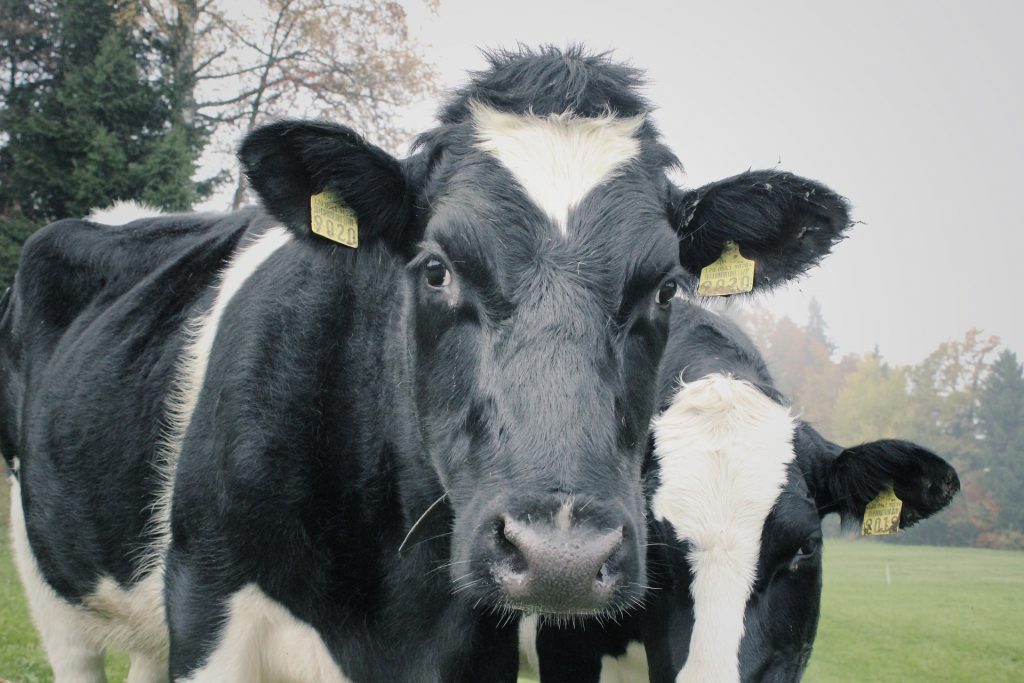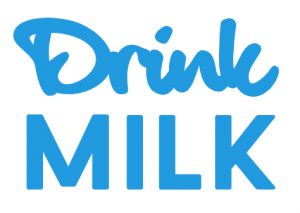What is Pasteurisation ?
Pasteurisation was a process developed by Louis Pasteur. Pasteurisation is a process where the milk is heated to 71.7 degrees celsius for at least 15 seconds, but no longer than 25 seconds. Heat is lethal to micro-organisms. In some countries these timings are amended slightly however the principle is the same. Following this the milk is then cooled very quickly to sub 3 degrees celsius. The process is also known as the ‘High Temperature Short Time’ (HTST) process. The process requires a type of machinery known as a plate heat exchanger. Milk that is not Pasteurised, otherwise referred to as Raw Milk can be damaging to health and has been linked to number of outbreaks of illnesses. read more
Who invented pasteurisation?
Pasteurisation was a process developed by Louis Pasteur. Louis was a French biologist, micro biologist and chemist. Louis was born on December 27th 1822 and died September 28th 1895 at the age of 73. He was born in in Dole, located in the Jura region of France
Why Pasteurise Milk?
Pasteurisation helps make milk safe for us to drink. Milk is an excellent medium for microbial growth and when stored at ambient temperature bacteria and other pathogens soon develop quickly. The process kills the bacteria in the milk, which not only makes the milk safe but also extends the shelf life so that it last longer. The process is not just used to produce milk but widely in the food, drink and dairy industry in the manufacture of many other products such as juices.
Does Pasteurised Milk taste the same as Raw milk
Many of us have only ever tasted pasteurised milk. Therefore, this is the taste that we recognise as milk. The heat treatment whilst making the milk safer to drink can inactivate enzymes that may deteriorate milk flavor read more. Pratically however the taste difference, and preference for the taste is down to personal preference.
How does Pasteurisation impact the nutritional aspects of milk?
Pasteurisation has been seen to change the nutrition of milk. In some studies it appears to reduce concentrations of vitamins B12 and E and but increase concentrations of vitamin A.
Looking for a office milk delivery service?
Drinkmilk deliver offer am office milk delivery service nationally covering all towns and cities in the UK. Get in touch today to arrange your milk delivery.

